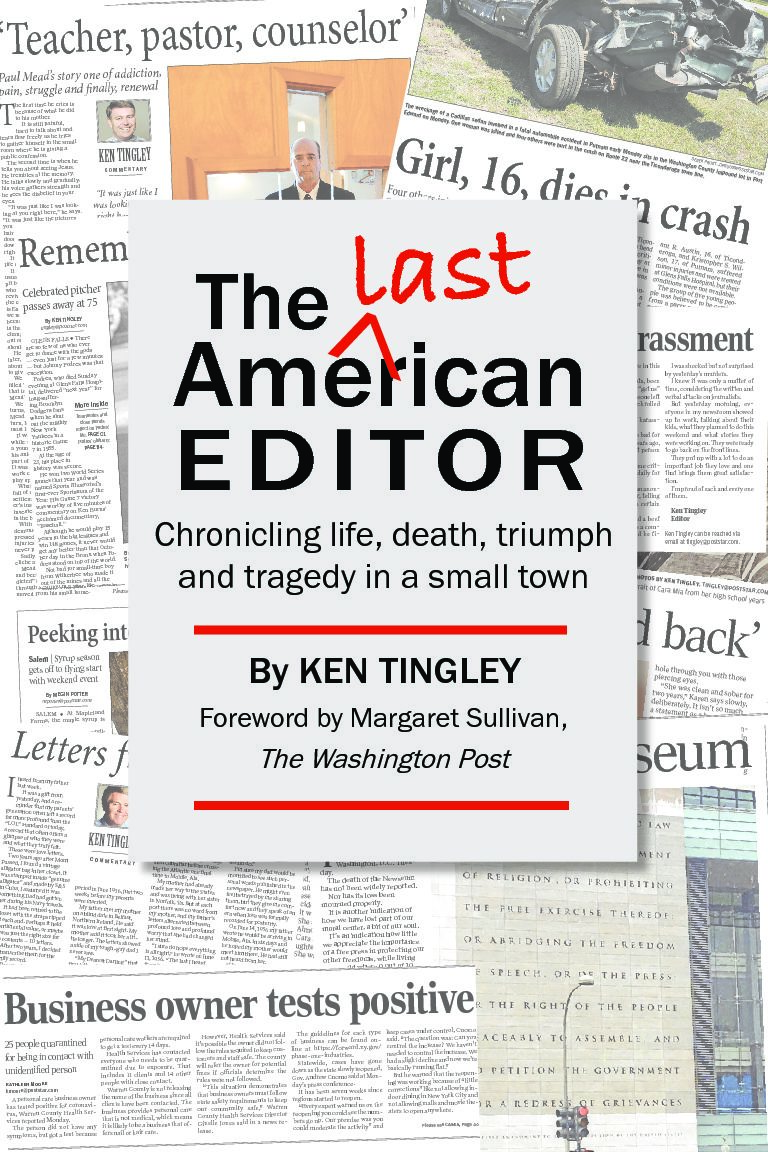In a world where people’s attention spans seem to be getting shorter and shorter, it’s hard getting an audience to actually read your story from start to finish. In fact, recent studies suggest that this shortening attention span is occurring globally and not just with young generations like many have previously believed.
After all, we are constantly bombarded with new books, novels, stories, and even fanfiction. Both online and in real life, the sheer amount of literature out there is astounding.
Will audiences continue to demand briefer works of fiction? And if so, how do you make sure you write compelling short stories? In this article, we’ll discuss a few -short!- tips on how to pen flash fiction and get people to truly notice it!
Make your reader feel invested
It’s easier said than done, that’s true, but this is a must when it comes to engaging your audience’s interest.
Feeling a connection to the characters and the plot makes the reader lose themselves in your narrative quicker. This will prevent them from just getting bored half-way through.
Not needing to hold their interest chapter after chapter is both a curse and a blessing at the same time. On the one hand, once they are emotionally involved, it will demand them less energy to read each new chapter. On the other hand, if you manage to grasp their attention from the start, there’s not enough time to actually lose it before reaching the ending.
Less is more
When it comes to novels, there is lots of room to describe a character’s appearance or set a specific scene. Though it might not be everyone’s cup of tea, writing at length about tiny details is possible.
When it comes to short stories, authors can’t afford to waste the precious few words they have available to them.
There’s an old adage that says: The dose makes the poison. In this case, too many unnecessary details can turn a great short story into a mess, shifting a positive resource into the poison that actually kills your tale. Reedsy’s short story post goes into more detail about this topic.
Use the precepts of the inverted pyramid
Though this is a principle usually reserved for writing news articles, it works surprisingly well for short narratives. Since you are spinning a tale, there will be distinct differences in your methods.
Try and begin with the broader strokes. Answer as many of the 6 Ws as you can without spoiling the ending. These are: who, what, when, where, why… and how. Especially if you are writing a mystery or horror story, you’ll save some of those answers for the grand finale.
Then move on to the relevant details
Paint a picture that allows the reader to comprehend where they are standing and what’s going on, and then guide them through the labyrinth until you reach the center together. In this case, the reward will be the ending.
Though it might seem counterintuitive to offer the reader everything they need to know up front, it’ll ensure that you catch their attention, and that they don’t swipe to the next story without truly giving yours a chance.
Read and reread your work out loud
Once you read your story out loud, you’ll immediately recognize what details can be cut off without affecting the final outcome. It’ll also make it easier for you to identify those paragraphs that’ll make an easily bored person quit reading.
This advice also applies when correcting grammar and syntax mistakes, but in this case, we are focusing on avoiding short attention spans from ruining a reader’s experience.
You’ll get a new point of view while reading your text out loud, and this will help you edit out the unnecessary paragraphs or even words, improving your work all around and helping you retain your public’s attention.
Take advantage of the form
Each literature form has its own codes and requirements. This is especially true with short stories. It’s not the same as writing a novella or a poem or a novel.
Short stories offer readers qualities no other type of literature can: They are quick and provide immediate gratification. The audience doesn’t have to invest hours or even days focusing on the same story, and in today’s world of instant rewards, this is a benefit in and of itself.
Make the audience crave the ending. If you are writing a horror or mystery story, then make them wonder what’ll happen at the end. If it’s a drama, hold back the big tearjerker till the last few paragraphs. I picked up a lot of these skills by writing on Commaful. They have a strong focus on short stories and allowed me to test my short ideas with an audience.
Writing short stories isn’t about just reaching the ending as fast as humanly possible, but making the most of the brief trip. After all, as William Shakespeare once wrote: brevity is the source of wit.
===
Anna Thu Nguyenova is a writer, entrepreneur, actress, and founder of Saigon Comic Con.







Speak Your Mind